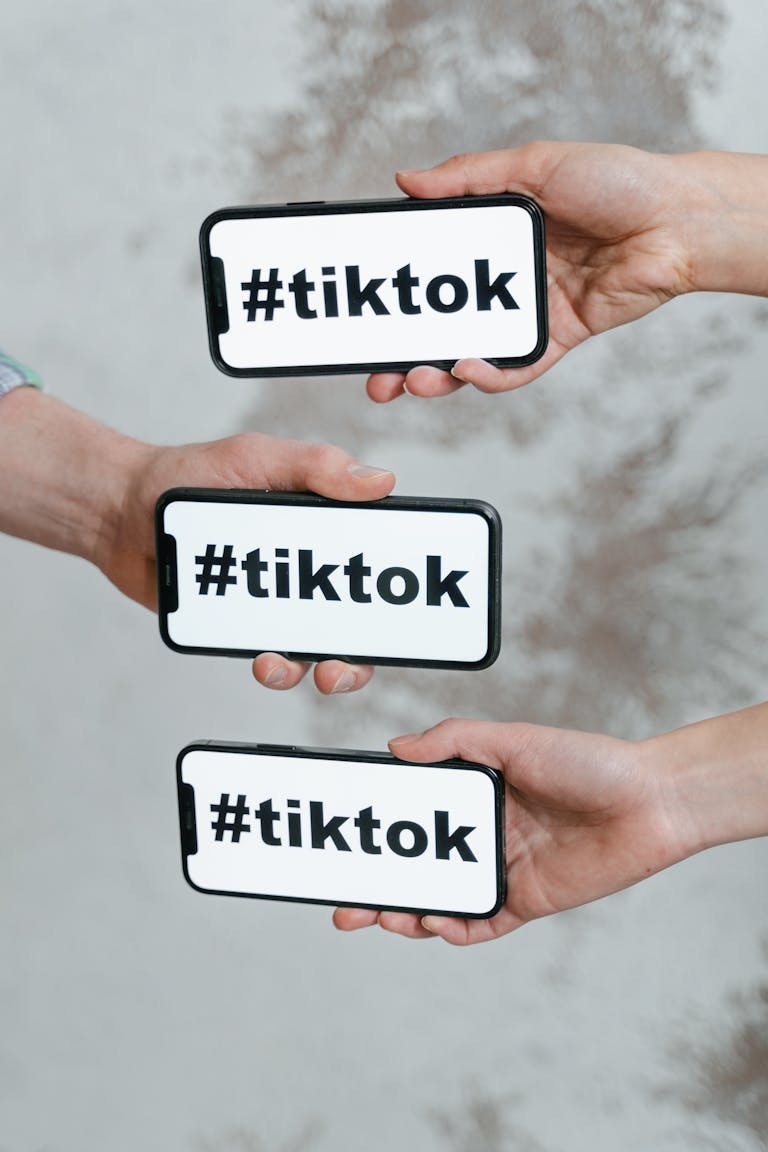Embracing Diversity in Mental Health Care: The Importance of Cultural and Inclusive Approaches
When we seek mental health support, it’s more than just about the services; it’s about feeling seen, understood, and respected for who we are, including our unique cultural identities. Mental health is deeply personal, and our backgrounds — whether racial, ethnic, gendered, or shaped by life experiences — influence how we perceive the world and, in turn, how we cope with challenges. This is why cultural and inclusive mental health care is so vital.
Creating an environment where everyone, regardless of their cultural background, feels safe and supported in their mental health journey isn’t just ideal; it’s essential. In this article, we’ll explore why cultural and inclusive practices matter in mental health care and how they create a more accessible, effective, and compassionate space for healing.
What Is Cultural & Inclusive Mental Health?
Cultural and inclusive mental health care means recognizing that each person’s identity and experiences shape how they understand and experience mental health. It’s not just about knowing someone’s background; it’s about respecting how that background influences their mental health journey.
At its heart, culturally inclusive mental health care provides a space where your individuality is honored, and your treatment plan reflects your values, traditions, and worldview. It’s not just about what works in general but what works for you. Mental health care that is inclusive acknowledges that everyone’s path to healing is different, and that’s okay.
Why Cultural and Inclusive Mental Health Care Matters
When we feel accepted for who we are — without fear of judgment or misunderstanding — it’s easier to open up, to heal, and to move forward. Here’s why cultural and inclusive care matters, especially when it comes to mental health:
- It Encourages Healing by Making You Feel Seen
If you’ve ever felt misunderstood in a therapy session or uncomfortable with a provider who didn’t understand your background, you know how important it is to be heard in a way that resonates with your experiences. When cultural awareness is part of your care, it helps you feel truly seen — not just as a client, but as a person with a unique identity, and that’s an essential part of the healing process. - It Creates an Environment of Trust
Cultural competence in therapy and mental health care creates a safe space. When providers show that they understand your culture, traditions, and values, you feel more comfortable and open to discussing deeper issues. The trust that’s built through cultural sensitivity can make it easier to share, process, and heal from past pain. - It Reduces Barriers to Seeking Care
Sometimes, the fear of not being understood or accepted can keep someone from seeking help. In some cultures, mental health is stigmatized, and asking for help may be seen as a sign of weakness. Inclusive mental health care helps break down those barriers by normalizing the conversation about mental health and offering support in a way that feels comfortable and culturally appropriate. - It Promotes More Effective Healing
When treatment is tailored to someone’s cultural context, it becomes more meaningful. For example, if your healing path includes community support or spiritual practices, a culturally competent provider will honor that and work with you to incorporate those elements into your therapy. This approach not only fosters trust but also leads to better treatment outcomes because it acknowledges the full person, not just the symptoms they’re facing.
How Cultural and Inclusive Mental Health Care Looks in Practice
So, what does cultural and inclusive mental health care look like in real life? It’s not just about recognizing someone’s culture; it’s about integrating that awareness into every aspect of care. Here’s how it plays out:
- Cultural Awareness in the Therapeutic Relationship
In therapy, cultural competence means acknowledging the significant role culture plays in shaping how we understand and approach mental health. A culturally aware therapist won’t just listen to the words you say but will also understand the underlying cultural context, whether it’s your community’s views on mental health, religious beliefs, or traditional healing practices. - Creating a Welcoming, Respectful Space
A culturally inclusive therapist will be aware of their language, behavior, and approach to ensure that you feel welcomed and respected. This may include using language that feels natural to you, allowing for family involvement if that aligns with your culture, and being sensitive to any practices or rituals that are meaningful to you. - Adapting Therapeutic Approaches
Whether it’s adjusting therapy techniques to align with your cultural values or integrating specific practices that resonate with you, culturally competent care ensures that therapy is something you can connect with on a deeper level. For example, if mindfulness or meditation aligns with your cultural beliefs, those practices might be incorporated into your treatment plan. - Ongoing Education and Open Dialogue
Cultural humility is key. It’s about being open to learning from you and respecting that you are the expert in your own life. Your therapist or mental health provider is there to listen, learn, and adjust their approach in a way that best serves your needs. You’re not just a “client” — you’re a partner in your healing journey.
How You Can Engage with Culturally Inclusive Mental Health Care
Engaging with mental health care that honors your background and experiences starts with a willingness to seek out providers who respect your identity. Here’s how you can begin:
- Look for Providers Who Understand Your Needs
If you feel like your culture plays an important role in your mental health journey, don’t be afraid to seek out a provider who is culturally competent. Look for mental health professionals who are trained to understand and respect your background and who can provide care that is relevant to your needs. - Start the Conversation
It’s okay to ask your therapist about their approach to cultural competence. Don’t hesitate to share aspects of your background that you think are important for your healing process. A good provider will welcome the opportunity to discuss how they can best support you. - Respect Your Healing Traditions
Everyone heals differently. If there are cultural practices or beliefs that are important to your healing, talk with your therapist about how to incorporate them into your treatment plan. This might include traditional rituals, family-based healing, or spiritual practices. - Create a Supportive Environment for Others
Whether it’s in your personal life or your community, support others by advocating for cultural competence in mental health care. By promoting inclusive practices, you help create a space where everyone feels safe and respected in their healing journey.
A More Inclusive Future for Mental Health Care
Culturally and inclusively aware mental health care is more than just a trend — it’s a necessary step toward creating a mental health system that truly works for everyone. When we embrace the diversity of the human experience, we build a more equitable, compassionate, and effective system of care.
If you’re seeking support, remember: your culture is part of who you are, and it deserves to be understood and respected in your mental health journey. Everyone deserves to have a mental health provider who listens, understands, and works with them in a way that feels safe, supportive, and aligned with their own values and identity.







